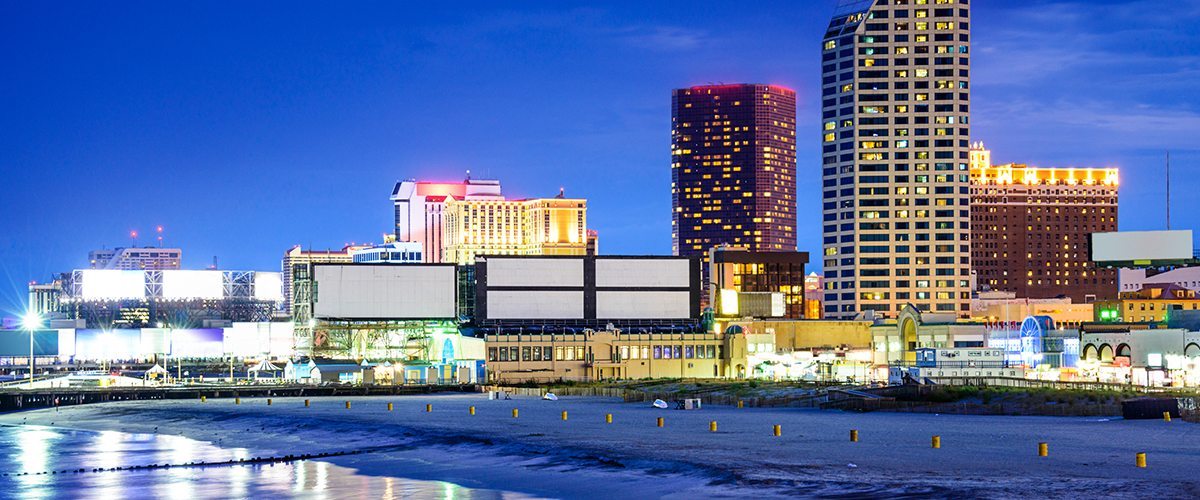[vc_row][vc_column][vc_column_text]
The number of medical marijuana patients in New Jersey increased by nearly 5,000 in 2016.
New Jersey saw its medical marijuana program nearly double in size in 2016, according to the New Jersey Department of Health’s annual report. The program registered 4,735 new medical marijuana patients between January 1 and December 31, bringing its total active patients to 10,799.
The state’s five operating dispensaries sold a total of 2,798 pounds of cannabis in the year, more than doubling their output of 1,229 pounds in 2015. Compassionate Sciences Alternative Treatment Center in Bellmawar was the top-selling dispensary, selling 885 pounds to 2,762 patients over the year.
More than 38 percent of New Jersey’s active patients are diagnosed with intractable skeletal spasticity, according to the report. Nearly 28 percent use medical marijuana to help with the severe or chronic pain caused by cancer, human immunodeficiency virus (HIV), or acquired immune deficiency syndrome (AIDS). Ten percent qualify by being diagnosed with inflammatory bowel disease.
New Jersey lawmakers legalized medical marijuana in 2010, but the state’s program was criticized for its slow rollout and has been historically hindered due to what many believe to be a lack of operational dispensaries and a punitively limited list of qualifying conditions.
As of now, patients can legally access medical marijuana if they have obtained a physician’s recommendation and have one of the following qualifying conditions: amyotrophic lateral sclerosis (ALS), cancer, Crohn’s disease, HIV or AIDS, inflammatory bowel disease, glaucoma, multiple sclerosis (MS), muscular dystrophy, seizure or spasticity disorders, and any terminal illness. In September, Gov. Chris Christie signed a popular bill that added post-traumatic stress disorder (PTSD) to the program’s list of qualifying conditions.[/vc_column_text][/vc_column][/vc_row][vc_row][vc_column][vc_single_image image=”17365″ img_size=”1200×250″ onclick=”custom_link” img_link_target=”_blank” link=”https://www.medicalmarijuanainc.com/overview-of-medical-marijuana-research/”][/vc_column][/vc_row][vc_row][vc_column][vc_column_text]New Jersey’s health department is considering further expansion of its list of ailments eligible for medical marijuana. Last August it accepted suggestions, and 68 petitions were submitted. Patients requested that chronic pain, osteoarthritis, lupus and Lyme disease be added as eligible conditions. Last month, more than two-dozen New Jersey citizens traveled to the state capital to encourage Gov. Christie to allow physicians to recommend marijuana, rather than addictive opioids, for patients with chronic pain.
Also likely contributing to the program’s increase in registered patients is the 72 new registered physicians there were approved in 2016, which brought the state’s total to 426. Of all the active doctors, 73 percent are currently recommending and authorizing patients for the medical marijuana program. Doctors must possess a New Jersey medical license and a controlled dangerous substances registration issued by the New Jersey Division of Consumer Affairs to authorize patients for cannabis.
The registry also added 315 caregivers, and there are now 1,030 caregivers registered with the medicinal marijuana program. About 45 percent of registered caregivers and patients were found to receive a “reduced application fee,” available for those who qualify for New Jersey Medicaid, SNAP benefits, disability benefits or social security.
New Jersey’s medical marijuana program has a $1.7 million budget for fiscal year 2017, according to the report.
Discover what studies have found about medical cannabis, or learn more about New Jersey’s medical marijuana laws by visiting our education page.[/vc_column_text][/vc_column][/vc_row]






